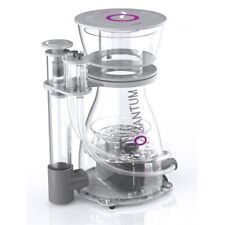Europe Bans Import of Wild-Born Birds
The EU became the largest importer of wild-caught birds after the United States banned the import of certain birds for the pet trade in 2002. Between 40 percent and 60 percent of the 1 million birds imported die before they reach the marketplace because of stress and injury during capture and transport.
The decision by the European Commission’s Standing Committee on the Food Chain and Animal Health becomes effective July 1 of this year and is a response to the growing threat of avian influenza, H5N1. It follows a temporary ban introduced in October 2005 after birds at an Essex quarantine center were found to have bird flu.
Birds infected with the current deadly strain of avian influenza have been found in both legal and illegal trade and this move is one of the strictest responses to the threat posed by the trade to spreading the virus. Other countries that continue to import some wild birds for the pet trade, including the United States, have not taken such measures.
Although small numbers of wild bird imports into the EU will still be allowed for some zoos and pet owners, traded birds listed by the Convention on International Trade in Endangered Species (CITES) – the world’s most threatened birds – should drop from about 800,000 each year to a few hundred, according to the Royal Society for the Protection of Birds (RSPB).














